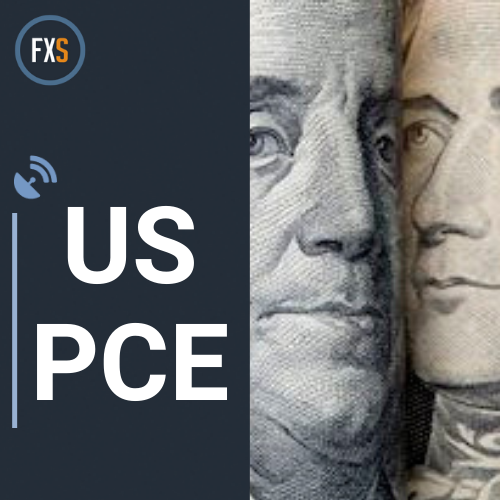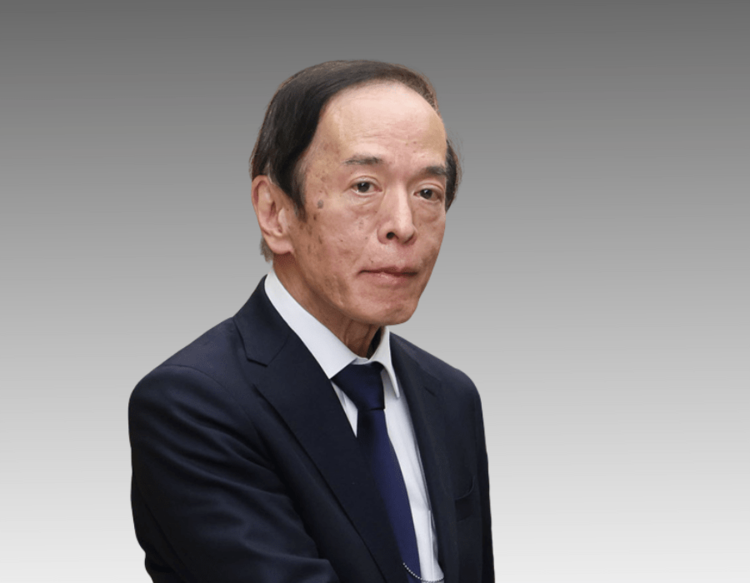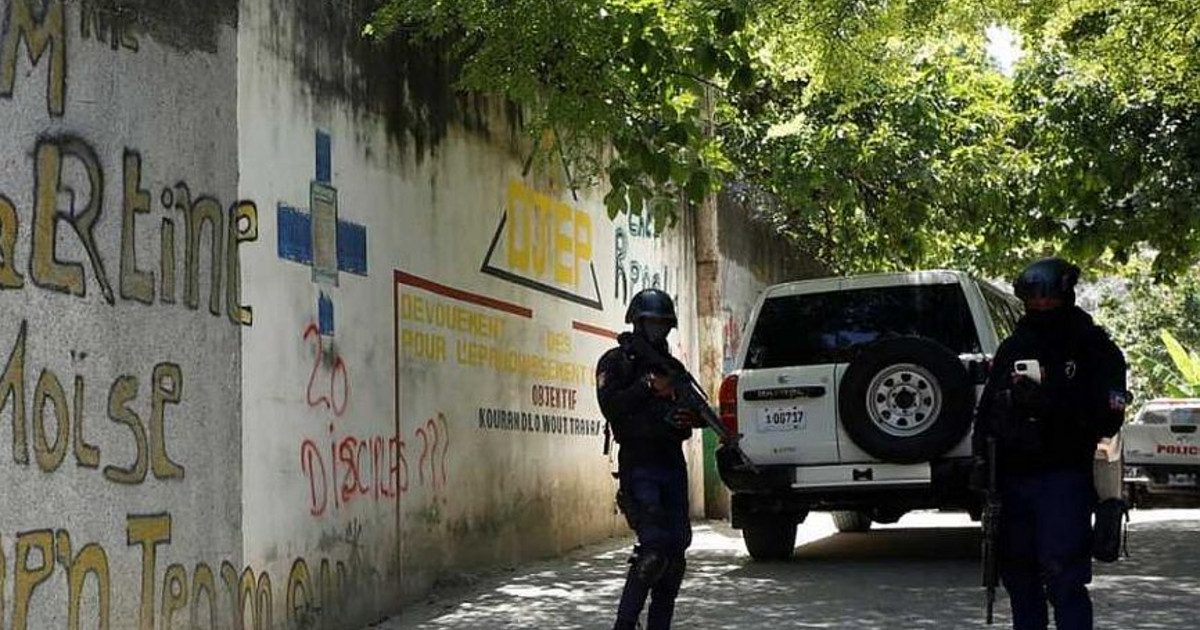After most governors decided to unfreeze the price of the Tax on the Circulation of Goods and Services (ICMS) as of February, political moves to respond to a possible new rise in fuel prices began to be made before the return of the legislative recess.
In an interview with CNN This Tuesday (18), Senator Jean Paul Prates (PT-RN) stated that the idea is for the Legislature to provide a “toolbox” so that governments – federal and state – can reduce the final price of fuel without harm collection and cause stress in the market.
Prates is the rapporteur of a project (PL 1472/2021) that creates a price stabilization account. The bill has already been approved by the Senate’s Committee on Economic Affairs and should enter the Plenary agenda in February, as planned by Senate President Rodrigo Pacheco (PSD-MG).
In addition, the House should also analyze the Complementary Bill (PLC) 11/20, approved in the Chamber of Deputies in 2021, which provides that ICMS is invariable in the face of fuel price readjustments at the refinery or exchange rate changes.
According to Jean Paul Prates, both proposals are “complementary” and aim to “take from those who won exceptionally” with the rise in the price of oil and the dollar on the international market.
“One sets up a clearing account, where you have a consumer subsidy when the price goes up. We would have fed this account when the price of oil dropped, and it would now have a balance to subsidize a sustained rise”, he explained, adding that such an “account” would need an initial contribution to be established.
“Who won with the rise? Petrobras is the main shareholder, which is the federal government, as well as who receives royalties and who earns with high exchange rates, such as international reserves and some state funds”, he said.
“We take all these sources normally linked to the exceptional rise in oil and the dollar, throw them into a clearing account to guarantee the international price for the investor and, for the consumer, guarantee a more affordable price that is consistent with our condition as self-sufficient parents in oil,” he explained.
“The Brazilian state profited from the rise in oil, and it returns it to the Brazilian consumer in the form of a dampening of the international price without affecting the investment capacity”, he added.
Regarding possible changes in the ICMS calculation, foreseen with the analysis of PLC 11/20 in the Senate, Prates argued that one of the proposals is to make the tax start to be charged as soon as it leaves the refinery with a fixed amount in reais per cubic meter.
“We will calculate the value in reais according to the value of the increase in the last 6 months, freezing at a fixed value so that the collection does not vary. Every 6 months, this ICMS value in reais will be reviewed,” said the senator.
“The governors will be given the freedom to establish this value in reais based on these parameters. No governor will be able to say that he will lose with this measure”, he said.
According to Prates, the calculations that compare the “package” of changes in the Senate project a potential reduction of R$ 2 to R$ 3 in the final value of the fuel in the first 40 days after the change, in addition to a drop of R$ 10 to R$ $15, in the same period, in the price of the gas cylinder.
Reference: CNN Brasil
I am Sophia william, author of World Stock Market. I have a degree in journalism from the University of Missouri and I have worked as a reporter for several news websites. I have a passion for writing and informing people about the latest news and events happening in the world. I strive to be accurate and unbiased in my reporting, and I hope to provide readers with valuable information that they can use to make informed decisions.






